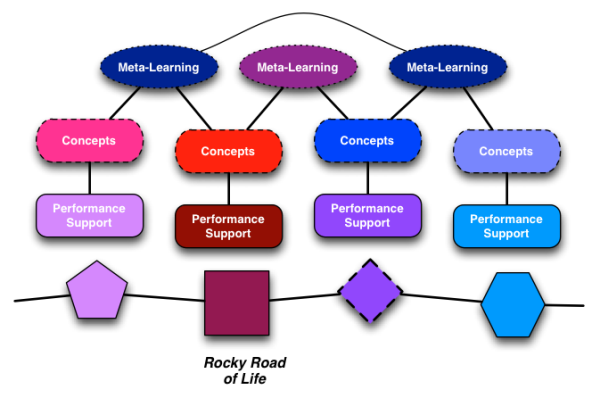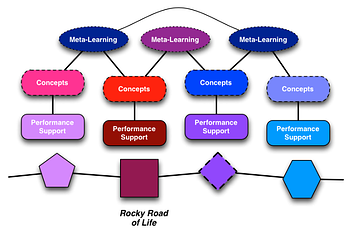
One area where Mentoring is critical to the development of Talent is the crossover between Technology Project Management and Business Analysts – employees who can keep the IT project on track to solve the business problem. This combination of skills goes by different job titles in different firms: Business Analyst, Business System Analyst, Business System Planner and Business Solutions Architect are among the most common. Regardless of the title, this is an experienced manager, who is able to keep the IT project on track as a solution to a business problem.
The person may come out of the Operations or IT. Their role is to bridge the chasm and facilitate communication between the two sides. As with any other leadership role, competency comes from acquiring the technical skills (education and training) and experience, which is facilitated by mentoring from someone more experienced.
At minimum, Business Analysts need education in Project Management, Business Administration, plus Computing and Management Information Systems.
These managers are challenged by:
1) A temptation to overanalyze. Seeking feedback from both sides is essential, but can lead to analysis paralysis.
2) Business Analyst move into a generalist role with both the business and technical arenas. One risk is the loss of credibility if the Analyst doesn’t stay current with technology and business trends
3) Business Analysts can sometimes dominate the conversation. Often, this causes them to become a barrier rather than a facilitator of the conversation.
But probably the biggest challenge is the lack of skill. IT departments tend to assign employees with strong technology skills the role of Business Analyst. They often lack the management skills and business skills. They get caught up in the projects specifications, and lose track of the larger business problem which the specifications attempted to address.
We just read a very interesting article on Business Analysts – and almost every page of the white paper made reference to the challenge of developing this talent and the role of mentoring. Please click here to go to Business Analyst: The Pivotal IT Role of The Future by Kathleen B Hass, PMP for Management Concepts
Management Concepts offers a number of training offerings for the development of Business Analysts. But even with offerings focused on “leadership and facilitation skills, rich in lean-thinking, agile tool sets … and a real world IT situations including outsourcing challenges” their printed material continues to discuss the importance of mentoring for both the individual’s career and as a tool for managers advancing the organization’s IT Business Analyst capability.
Mentor Resources is the second largest provider of tools for formal mentoring programs. WisdomShare™ has been designed to find a great match between the mentor and the mentee, so that they are both engaged and thus, a faster transfer of knowledge and experience.
